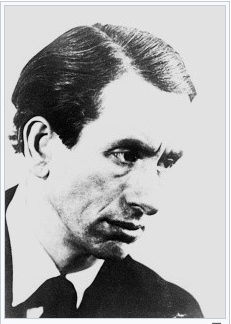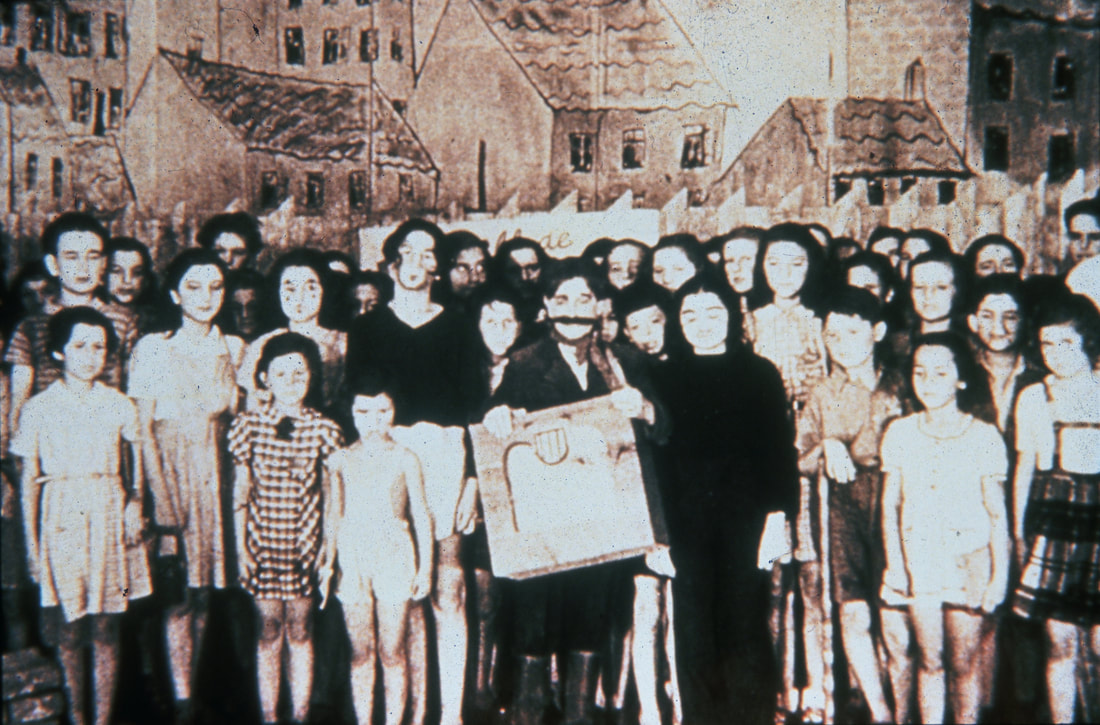Track of the Month: August
Hans Krasa's Passacaglia movement from his String Trio (Terezín 1944)
In the Passacaglia movement of his string trio, Hans Krása masterfully weaves hauntingly rich sonorities. This last complete work was composed in August 1944 — just weeks before he was sent to the gas chambers of Auschwitz on October 16, 1944. Performed and recorded by Si-Jing Huang, violin; Mark Ludwig viola; and Sato Knudsen, cello.


